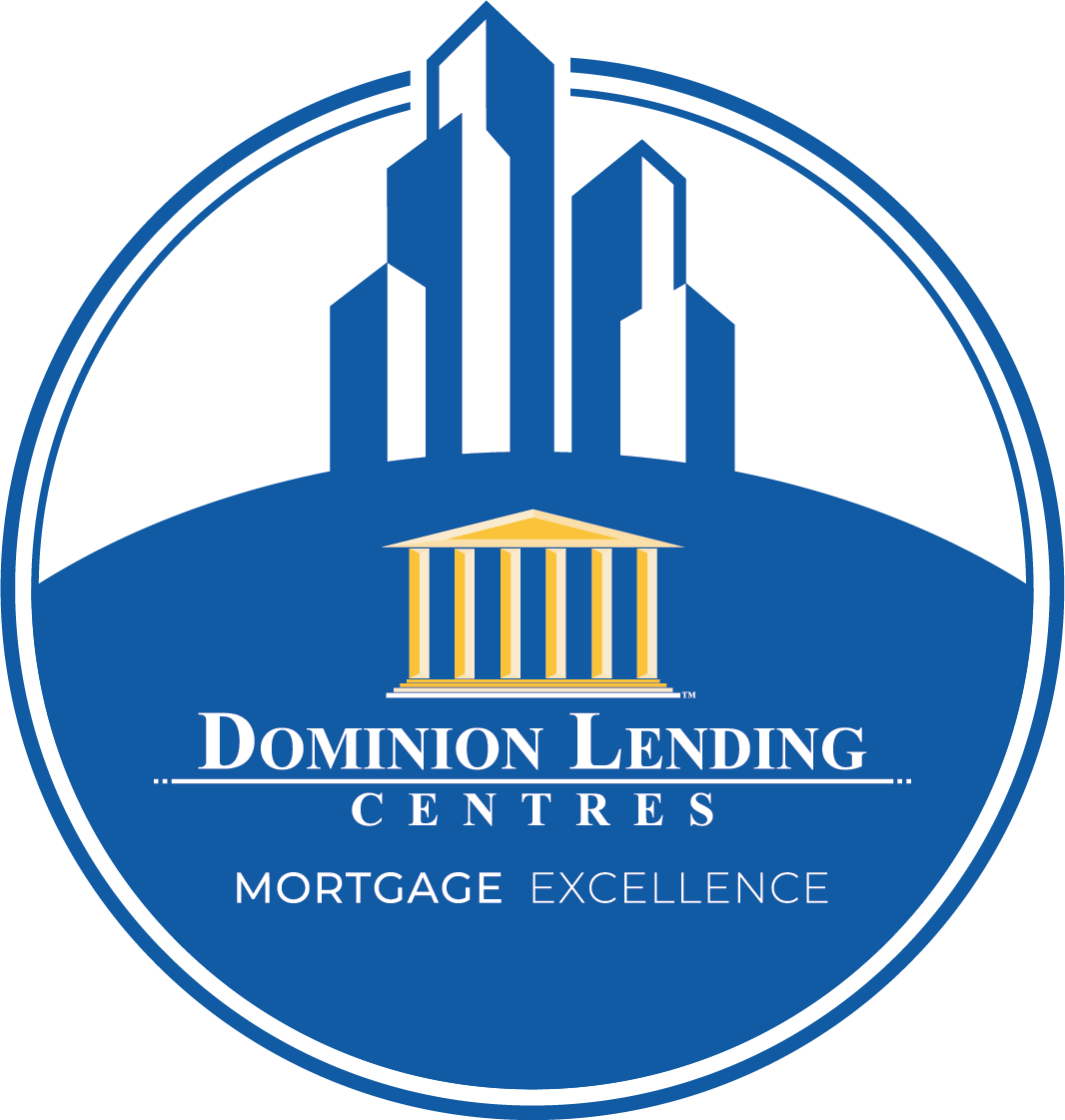Frequently Asked Questions
You Asked, We Answered
There's no charge for our services on typical residential mortgage transactions. Like many other professional services, such as insurance, mortgage brokers are generally paid a finder's fee when we introduce trustworthy, dependable customers to a financial institution. These fees are quite standard and nearly industry-wide so that the focus remains on you, the customer.
As independent mortgage brokers and mortgage agents, we are not tied to any one lender or range of products. Our goal is to help you successfully finance your home or property. We'll start by getting to know you and your homeownership goals. We'll make recommendations, drawing from the available mortgage products that match your needs, and we will decide together on what's right for you.
Nothing. Both are different words for the same professional. For some reason, there are a lot of terms for a broker, including mortgage agent, associate, broker, advisor, and mortgage professional. But, whatever you call us, you’ll get the same great service.
Not every mortgage broker is made equal, which is why this answer is not simple. But, if you find a mortgage broker who you trust, someone who is willing to take the time to get to know you and your needs, then that mortgage broker will be better than going to the bank.
Our advice is custom and not lopsided. We aren’t guided by a head office in Toronto. Instead, we work directly with you, listening to your goals and designing mortgages around them
We have access to a variety of banks, lenders and credit unions. When you approach a bank, there’s only one option. We approach many different lenders to give you more options.
With a good broker, there is interest rate competition. When there are many lenders, they will compete for your business. That means better rates and better service.
You are our client. In the end, it’s all about what you want, not what the bank is offering.
Generally speaking you should:
- Calculate 39% of your income for mortgage payment, property taxes, heating costs, and potentially half of estimated monthly condo fees.
- Then calculate 44% of your taxable income, deducting all monthly debt payments.
While these ratios offer insight, it's crucial to assess your own comfort with monthly debt payments. Ensure you're not overstretching financially—aim for a balance that allows for lifestyle expenses and complies with new stress-test regulations set by the federal government.
The choice between a fixed or variable rate mortgage depends on your personal situation and risk tolerance.
Opting for a fixed-rate mortgage means your rate and payments remain constant for the mortgage term, usually around five years. This stability appeals to first-time homebuyers and risk-averse individuals, offering peace of mind.
On the other hand, a variable rate mortgage allows your rate and payments to fluctuate, typically tied to the Bank of Canada's scheduled interest rate announcements. While variable rates are usually lower than fixed, they can increase or decrease based on market changes.
Consider whether you're comfortable with potential rate fluctuations before committing to a variable rate mortgage.
There are several effective ways to reduce mortgage interest costs:
- Consider making a larger down payment. A lower mortgage amount might qualify you for a better rate.
- Shopping around with a mortgage broker offers diverse options. While your bank branch might be a starting point, exploring other lenders could yield better rate options.
- Making extra payments can significantly reduce interest. Many lenders allow extra lump sum payments or increased regular payments without penalties (within preset limits outlined in your mortgage contract).
These efforts could save tens of thousands of dollars over the lifetime of your mortgage.
When budgeting for your home purchase, make sure you are considering these closing costs: land transfer tax, real estate lawyer fees, home inspection and appraisal costs.
While it is not a technical requirement, a home inspection is a very important step when purchasing a property. Conducted by a professional home inspector, it's an evaluation of the property's overall condition.
The inspection covers major components like the roof, ceilings, walls, floors, foundations, attics, and systems such as electrical, heating, plumbing, and drainage. A detailed written report, often provided within 24 hours, outlines the findings.
This inspection helps uncover any issues, minor or significant, allowing you to make an informed decision about the property. It provides peace of mind and helps plan for potential repairs or maintenance, minimizing unknown factors and increasing the chances of a successful purchase.
Typically, a minimum down payment of 5% is required to buy an owner-occupied home. Certain situations like being self-employed or having poor credit might increase the required down payment.
Regardless of the down payment amount, at least 5% must come from your own savings or as a gift from an immediate family member.
